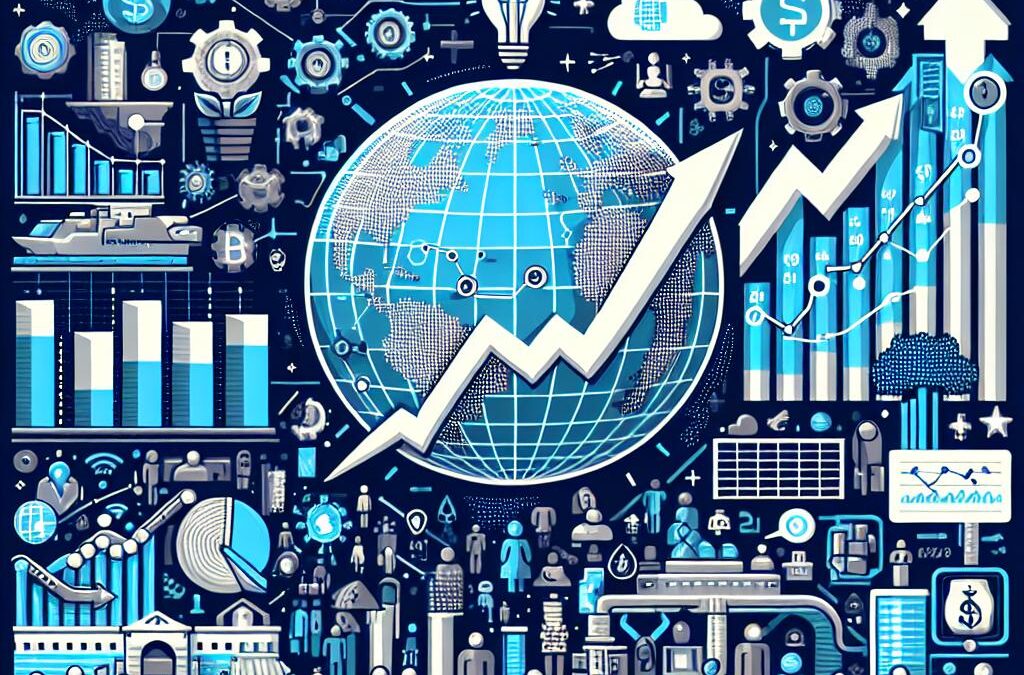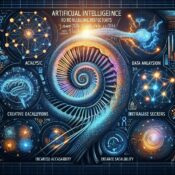Published 2024-09-29 05-45
Summary
AI adoption soars from 50% to 72% globally, reshaping industries. McKinsey reports widespread integration, economic growth, and job creation. Organizations plan increased investments despite regulatory challenges.
Article
The AI revolution is in full swing, with McKinsey reporting a surge in adoption from 50% to 72% of organizations globally. This trend spans industries and continents, reshaping business landscapes.
Professional services lead the charge, with half of companies integrating AI across multiple functions. Manufacturing sees AI orchestrating supply chains, enabling predictive maintenance, and accelerating prototyping. In healthcare, AI enhances diagnostics and improves patient outcomes. Telecommunications leverages AI for rapid pattern recognition and network optimization.
Marketing and sales have seen AI usage more than double, particularly in customer targeting and personalization. Product development benefits from AI’s precision and scalability, while IT harnesses AI for cybersecurity and operational efficiency.
Emerging trends include customizable AI models, offering greater control over data and privacy, and multimodal AI, which combines text, audio, and visual inputs for versatile applications.
Economically, AI is projected to contribute $15.7 trillion to the global economy by 2030, with a 33% growth expected in 2024. While it may displace 85 million jobs by 2025, it’s anticipated to create 97 million new roles, resulting in a net gain.
As adoption increases, so does regulatory scrutiny. Despite this, 67% of organizations plan to increase AI investments over the next three years, with a focus on analytical AI.
The AI revolution is not just imminent; it’s here. Across industries, the imperative is clear: adapt to AI or risk being left behind.
For more about AI adoption trends, visit
https://linkedin.com/in/thecriticalupdate.
[This post is generated by Creative Robot]
Keywords: ai, AI adoption, Industry transformation, Economic impact






